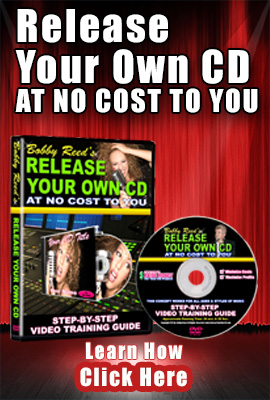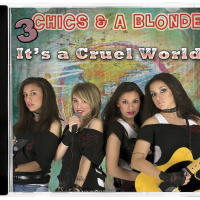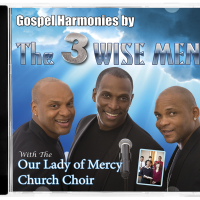Types of Music Licenses
SOS.com will provide the Proper License(s) for all songs listed on our website.
Public Performance License
The copyright owner of a song has the exclusive right to perform their song in public. Therefore, no one can play your song in public (such as in clubs, at live concerts, on the radio, and on television) unless you give them permission to do so and they pay you. Performing rights societies such as the American Society of Composers, Authors and Publishers (ASCAP), Broadcast Music Incorporated (BMI), and SESAC are responsible for issuing licenses and collecting money. (assuming you are a member of their organization) For example, every time your music is played on the radio, you are entitled to performance license money which ASCAP, BMI or SESAC collects for you if you belong to their organization NOTE: A songwriter can only be a member of one of these organization. These organizations are involved only in the public performance aspect of the publishing industry and are not traditional music publishers.
Mechanical Rights License
To use a copyrighted work, one must usually obtain a license that is negotiated with the copyright owner. The Copyright Act provides for six major exceptions to the copyright monopoly that are known as compulsory licenses. These exceptions require the copyright owner to issue a license to someone else whether the owner wants to or not. The six exceptions relate to cable TV rebroadcast, PBS, jukeboxes, digital performance and distribution or records, and phonorecords of non-dramatic musical compositions.
The Copyright Act provides that once a song has been recorded and publicly distributed, a Compulsory Mechanical License is available to anyone else who wants to record and distribute the work in the U.S. before the song can be covered, the payment of a license fee, at the statutory “compulsory rate: set forth in the Act is required (the current statutory rate is 9.1¢ per song). A mechanical license is the license issued by a publisher to a licensee (typically a record company or someone recording a cover song for their independent release) granting the licensee the right to record and release a specific composition at an agreed-upon fee, per unit manufactured and distributed. Mechanical licenses are available for audio-only recordings only if: (1) the song is a non-dramatic musical work, (2) that has been previously recorded, (3) the recording has been distributed publicly in phonorecords, and (4) the use of the recording will be in phonorecords only. Mechanical licenses do not apply to dramatic works, such as operas, film soundtracks, ballet scores and Broadway medleys. If these requirements are met, the mechanical license must be granted under the statute. Mechanical licenses can be obtained through the Harry Fox Agency (www.harryfox.com), which represents most U.S. publishers. Mechanical licenses can also be negotiated directly with the publisher or copyright owner.
Digital Rights License
Digital licensing is the licensing of copyrighted musical compositions in digital configurations, including but not limited to, full downloads, limited-use downloads, on-demand streaming and CD burning. The Harry Fox Agency and the Recording Industry Association of America (RIAA) reached an agreement that recognized the need to obtain mechanical licenses for digital music distribution. Significantly, this agreement provides a framework for the licensing of Internet-based music subscription services. To obtain a digital license, contact the Harry Fox Agency, the publisher or the copyright owner.
Print Rights License
While public performance and mechanical royalties are the major sources of publishing revenue, printed music can be lucrative as well. A songwriter receives publishing money from a print license any time sheet music of his song or a folio of a collection of his songs is sold. Money earned from print licenses is usually a few cents per copy printed. For example, the sheet music for “Send in the Clowns” has probably made Stephen Sondheim a lot of money from print licenses.
Synchronization Rights License
A synchronization license (known in the industry as a “synch” license – ‘cause that sounds much cooler) is required any time a song accompanies a visual image. Motion picture and television companies and advertising agencies pay for the right to use songs in their movie soundtrack, show or commercial. The amount of money for a synch license varies widely. Record companies usually demand a free license to use a song in a video while a feature song for a movie soundtrack from an established artist can exceed $100,000. Each license will generate a different fee, as there is no set rate in the Copyright Act for synch licenses. To obtain a synch license, contact the publisher or copyright owner. Publisher information can be obtained from ASCAP, BMI, SESAC or the U.S. Copyright Office.




